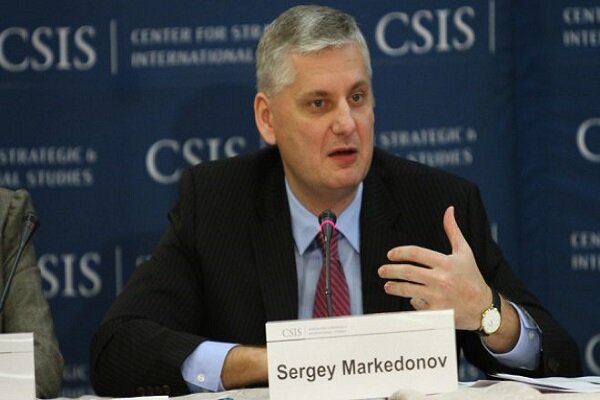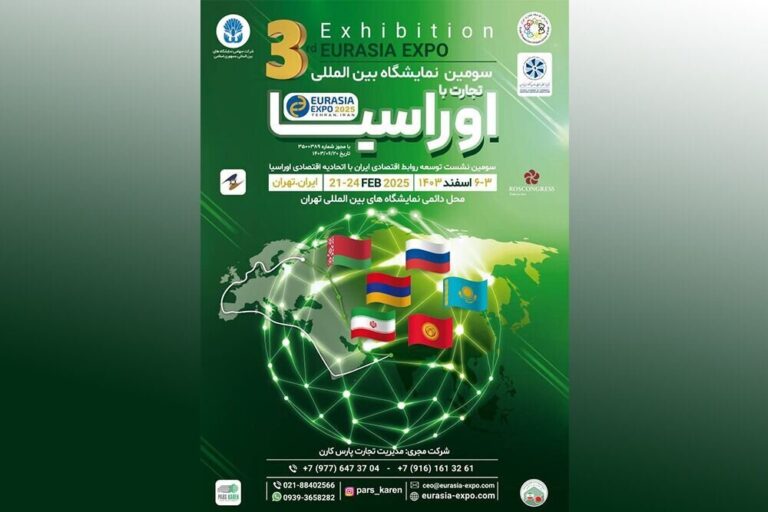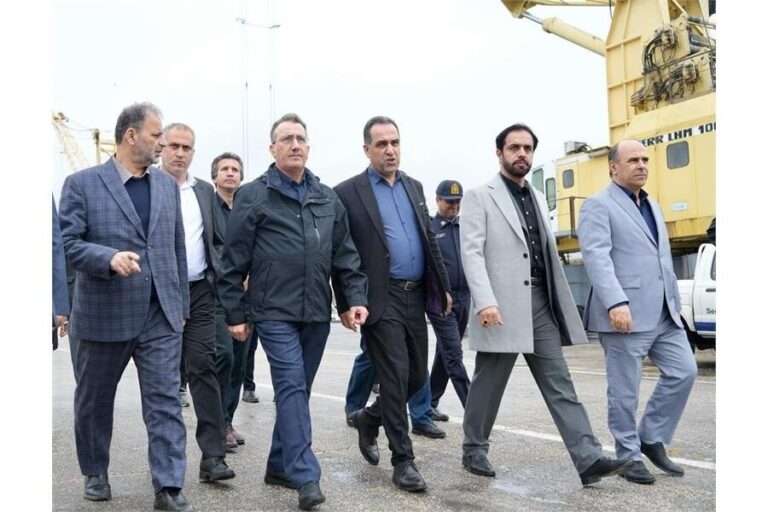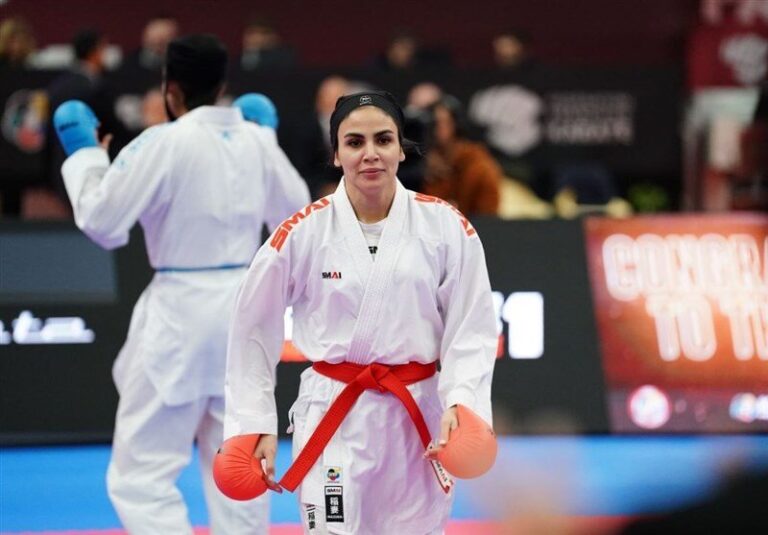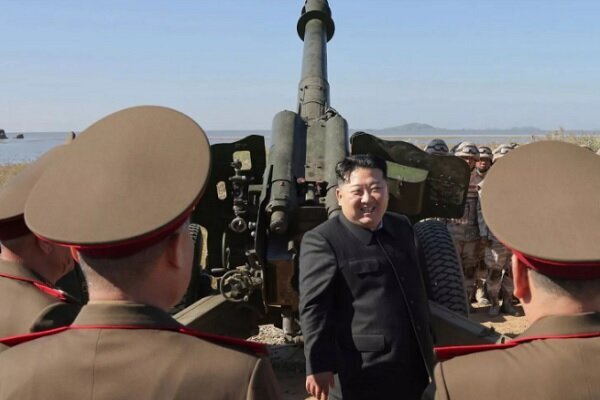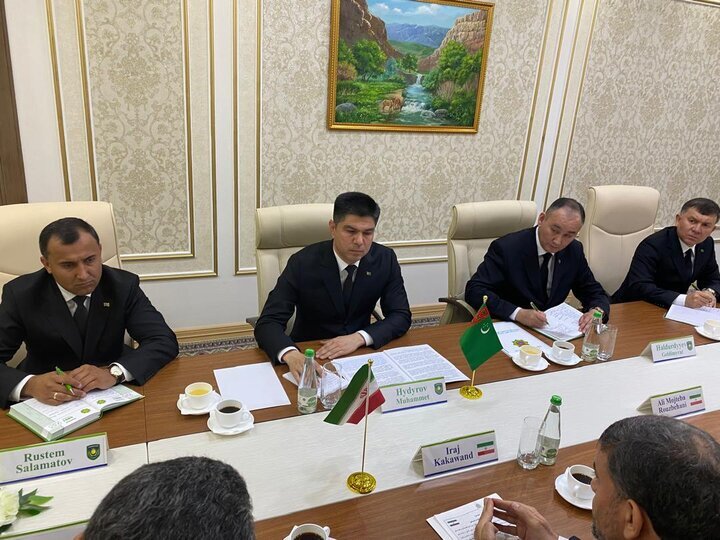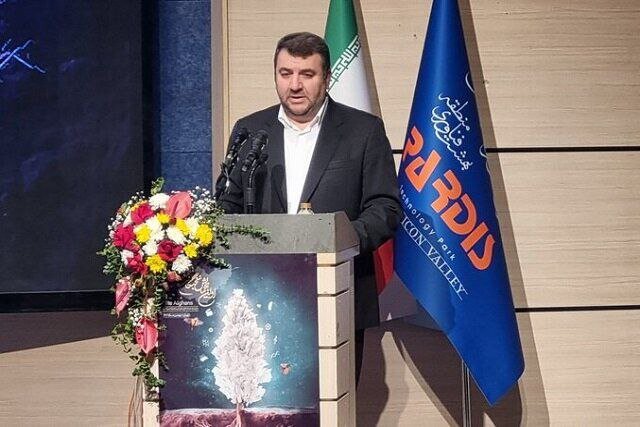Unpacking the Iran-Russia Treaty: Implications Beyond Today’s Agenda
In a recent interview with Mehr News Agency, Sergey Markedonov, a Senior Fellow at the Institute for International Studies at MGIMO University, provided insightful commentary on the Comprehensive Strategic Agreement signed between Iran and Russia. This landmark deal aims to enhance cooperation across various sectors, including trade, energy, and defense, amidst prevailing Western sanctions.
On January 17, Iranian President Masoud Pezeshkian and Russian President Vladimir Putin formalized this long-term partnership, marking a significant step in the bilateral relations of these two nations. Markedonov elaborated on how this agreement serves as a vital framework for both Tehran and Moscow as they navigate the challenges posed by international sanctions.
According to Markedonov, the agreement is more than just a response to sanctions; it symbolizes a profound shift in relations between Iran and Russia. He stated:
“It doesn’t mean that this agreement will diminish the negative impact of sanctions or Western pressure immediately. But it will be a good partner and signal for countries trying to be freed from the Western pressure to demonstrate the desire to build bilateral relations and to promote a beneficiary agenda.”
He emphasized that the significance of this treaty extends beyond current geopolitical challenges, highlighting the broader implications for both nations.
Markadonov discussed the historical context of the Iran-Russia relationship, noting:
“For almost 200 years Iran and Russia have not been closer than today. Don’t forget that previously our countries opposed each other in the imperial time, for example.”
He remarked on the importance of overcoming past grievances, suggesting that both nations are eager to explore new horizons through this agreement.
In addressing concerns raised by Western analysts regarding the absence of a mutual defense commitment in the agreement, Markedonov clarified that security and defense cooperation remains a pivotal component. He outlined key elements of this cooperation:
- Joint military exercises
- Military and technical collaboration
- Coordination at regional and global levels
He pointed out that while the Western media may focus on perceived issues in Iran-Russia relations, the treaty fundamentally deepens strategic cooperation. Markedonov noted:
“The Western media try to underline the maybe problems in bilateral relations between Iran and Russia. First point, this treaty offers the deepening of strategic cooperation and in this way, I can especially underline the exercises and recognition of mutual interests in some key regions for both Russia and Iran.”
However, he acknowledged that there are some divergences between the two nations. For instance, he mentioned:
- Iran’s distinct stance on the Crimea and Donbas issues
- Russia’s attempts to maintain favorable relations with the Israeli regime
Despite these differences, Markedonov asserted that the comprehensive agreement signifies a commitment to collaboration and shared goals in strategically important regions.
In conclusion, the Comprehensive Strategic Agreement between Iran and Russia not only aims to bolster bilateral ties but also paves the way for a new chapter in their relationship. As both countries work to navigate the complexities of international relations, this agreement stands as a testament to their mutual interests and aspirations for a more cooperative future.
This development is especially significant in the context of ongoing geopolitical tensions and the quest for nations to establish resilient partnerships that transcend Western influence. The agreement is poised to play a crucial role in shaping the future dynamics of the region.
